Here are the climate-friendly actions that your school can take:
- Become informed
- Teacher Resources
- Create an eco-group
- Calculate your school’s carbon footprint
- Tackle consumerism
- Reduce waste
- Make transportation a priority
![]() Click a topic to jump to that topic on this page.
Click a topic to jump to that topic on this page.
It’s time for action! Our climate is changing and we need schools to become informed and become a role model for action.
Become informed
Climate change is a complicated topic. Your school can become informed by
- Requesting a Presentation
- Hosting a Youth Conference on Climate Change
Teacher Resources
More tools, tips and strategies to empower teachers and educators. Resources for teachers.
Create an eco-group
There is strength in numbers. Find a group of like-minded students and teachers, and start talking. For more tips on starting an eco-group, check out this Eco-Group Article.
You can also learn more about other eco-groups in the province, actions being taken, and making connections at the Manitoba Environmental Youth Network.
Calculate your school’s carbon footprint
By calculating your school’s footprint, you can see how your school can make improvements, what the most bang for your buck might be, and get a sense of your baseline emissions.
Tackle consumerism
Youth have a large influence on consumption. This is an area that hits home for many students. Youth can influence the car their parent buys and dictate a family’s wants and needs.
To get students thinking about what they buy, set up a “swap day” at your school, create a “sharing library” for items that students don’t use everyday, or organize an “eco-fashion fundraiser”.
We also recommend the inspiring video series, The Story of Stuff. Plus, you could use our activity, You Are What You Wear to get students more aware of what their purchasing.
Reduce waste
Solid waste reduction and recycling help address climate change. How? Manufacturing, transporting, and using the product – as well as management of the resulting waste – all generate greenhouse gas emissions.
Waste prevention and recycling both reduce greenhouse gases associated with these activities by reducing methane emissions, saving energy, and increasing forest carbon sequestration.
Usually schools address recycling first – more bins, additional/better signs, and education. Then schools think about:
- composting;
- purchasing policies;
- litterless lunches;
- eliminating bottled water;
- becoming paper free;
- participating in Waste Reduction Week.
For more information on what schools can do, check out the waste reduction resources at Green Action Centre.
Make transportation a priority
In Manitoba, the transportation sector is the greatest source of greenhouse gas emissions. To make a real dent in school carbon emissions you need to reduce transportation emissions.
The goal is to make sustainable transportation decisions easy. Work on getting more students and staff to walk, bike, bus, or carpool.
If your school is interested in working on transportation related issues, you can contact the Green Action Centre and their Active and Safe Routes to School program.




